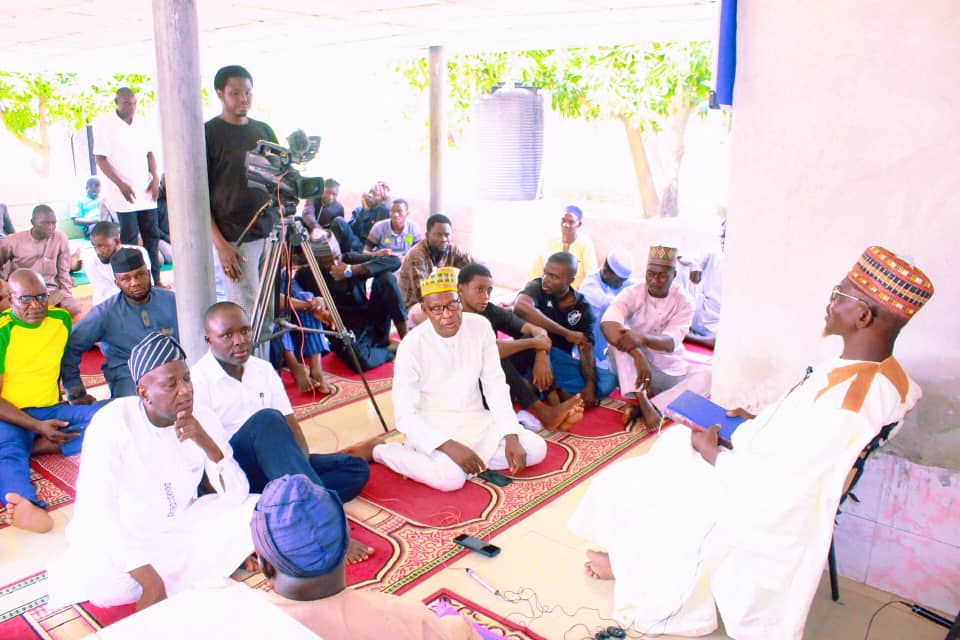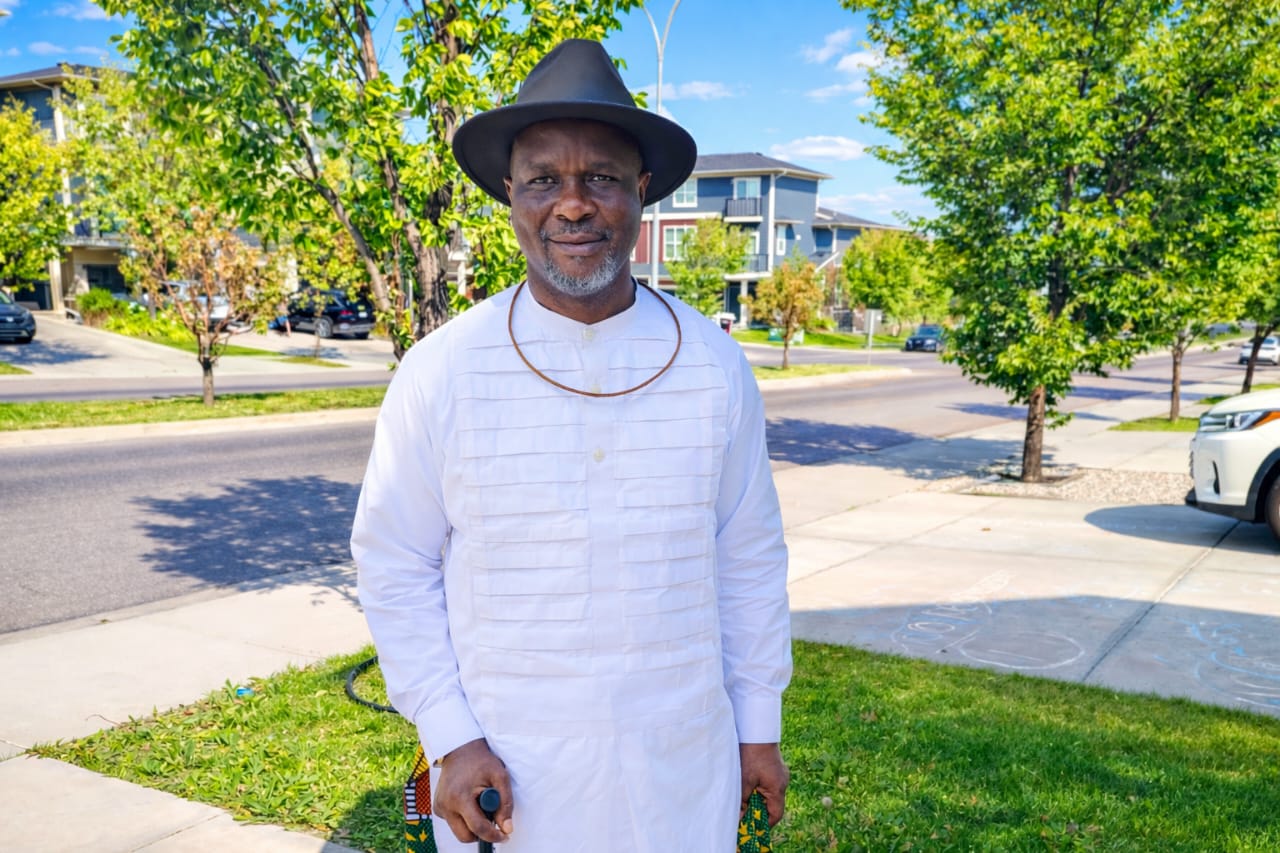Ortom: The stone builders rejected
By Samson Ochono
In the realm of governance and leadership, there are instances when foresight and courage are met with skepticism and resistance. Such was the case of the former Governor of Benue State, Samuel Ortom who stood firm in the face of adversity to champion a cause he believed was paramount to the safety and well-being of his people.
Governor Ortom, during his tenure, took a bold step by enacting the Open Grazing Prohibition and Ranches Establishment Law in a bid to curb the incessant attacks and killings of his people by herders.
This move was met with mixed reactions, with many questioning the feasibility and practicality of such a law in a country where open grazing by nomadic Fulanis has been a longstanding practice.
Despite the lack of widespread support for his initiative at the time, Governor Ortom remained resolute in his belief that ranching was the way forward for sustainable and peaceful coexistence between farmers and herders in Nigeria. He tirelessly advocated for the adoption of ranching as the best practice of animal husbandry, emphasizing its benefits in terms of security, economic viability, and environmental sustainability.
On Wednesday this week, a significant development took place in the Nigerian Senate that has reshaped the narrative surrounding Governor Ortom’s advocacy.
Senator Titus Zam, representing Benue North-West Senatorial District, sponsored a bill seeking to ban open grazing and establish a national agency for the regulation and management of ranches.
The bill passed 2nd reading on Wednesday on the floor of the Senate.
When I saw the Senate proceedings, my mind went straight to the former Benue Governor Ortom. I said to myself that Senator Zam is a good student of his former boss, Ortom.
He was in Ortom’s cabinet as special adviser when the law banning open grazing was enacted in Benue State.
This bill marks a pivotal moment in the country’s approach to herder-farmer conflicts and signifies a shift towards embracing modern and sustainable practices in animal husbandry.
The journey from being the stone builders rejected to becoming the cornerstone of a transformative legislative agenda is a testament to former Governor Ortom’s outstanding leadership and vision!
Ortom has proven time and again that he has the welfare of his people and the progress of the nation at heart. He is a true patriot. His foresight and persistence have paved the way for a more inclusive and sustainable future for all Nigerians.
As we reflect on this remarkable turn of events, it serves as a poignant reminder that true leadership is not always about following the popular opinion but about standing firm in one’s convictions and working towards a vision that transcends present challenges. Samuel Ortom’s legacy will endure as a beacon of hope and progress in the annals of Nigerian history, reminding us all that sometimes, the stone that builders rejected can indeed become the cornerstone of change.
Ochono writes from Apo, Abuja.









